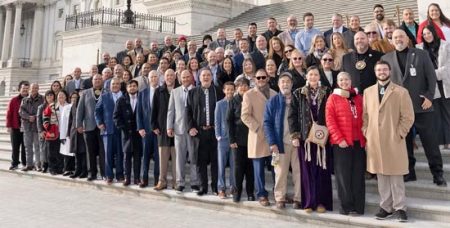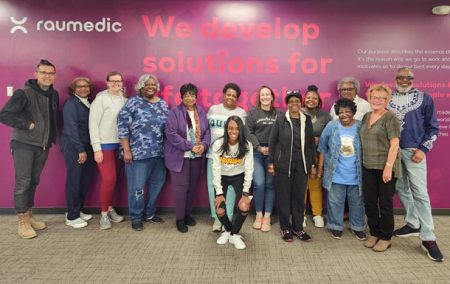Kinship Care Initiative
New program provides payment to relatives who care for children in need.
 Kinship care reimbursement payments are a vital resource that will support positive outcomes for children and families and encourage more people to become kinship care providers.
Kinship care reimbursement payments are a vital resource that will support positive outcomes for children and families and encourage more people to become kinship care providers.
Senate Bill 20 authorized NCDHHS to implement a policy that provides payments to kinship care providers who take care of children who are in the custody of DSS without having to meet the requirements of a foster care license. As it relates to this legislation, kinship is defined as a person who is related by blood, marriage, or adoption to a child and is providing foster care. When children cannot be assured safety in their own homes, often the best alternative resource can be found within extended family and other kin.
“We know children in foster care do best when placed with relatives because family connections provide a sense of belonging, preserve a child’s cultural identity, build their relationship to their community and children experience fewer behavioral problems,” said Susan Osborne, NCDHHS Deputy Secretary for Opportunity and Well-Being. “Currently about 25% of children in foster care live with kinship providers, but with kinship payments and other initiatives we hope to significantly increase this option for children who cannot remain safely in their home.”
The payments went into effect in November, and beginning in December, kinship providers can receive up to $405 per month for each child in their care. Before now, most county social service departments lacked the resources to pay kinship providers. These payments will provide financial support and promote placement with appropriate kinship care providers for children in foster care. Ultimately, this may also have a positive impact on permanency outcomes for children and lead to children exiting from foster care to adoption, guardianship, or reunification sooner.
“I am very thankful that the state of North Carolina has decided to allow payments to unlicensed kinship providers,” said Harnett County DSS Director Paul Polinski. “The service they provide to the children in our custody is unparalleled. It is so important for children in placement to be with family if at all possible. This funding is much needed for those providers.”
Currently, there are more than 10,000 children in foster care in North Carolina but there are only about 5,400 foster homes licensed in North Carolina to care for children in need of a temporary, traditional out-of-home placement. More foster homes are needed in the state to care for children, especially homes able to care and provide for older youth and children with complex health and behavioral needs. However, less than one fourth of children in foster care live in kinship care.
This funding will provide the resources needed to increase the number of children who can continue to live with their families at a time when the number of foster homes available is limited. In addition to kinship payments, SB20 also increased payment rates for foster parents and adoption assistance.
Providing care and a temporary home goes a long way in setting things right again for a child whose home life is turned upside down. When a child you know needs you the most, you can step in and make a world of difference.
For more information, please visit www.ncdhhs.gov/kinshipcare.








